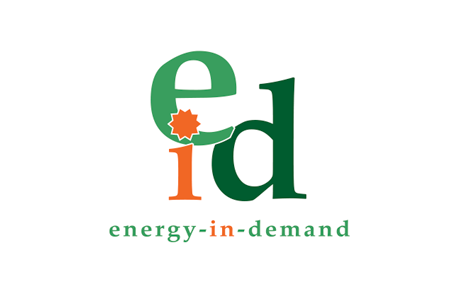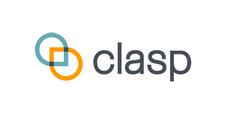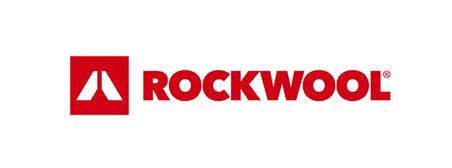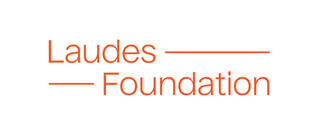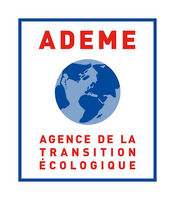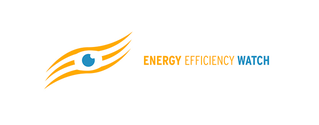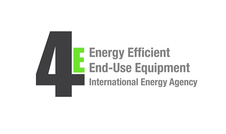Search eceee proceedings
Addressing flying-as-default setting in India’s IT companies to reduce their climate pollution
Panel: 6. Energy-efficient and low-carbon mobility for all
Authors:
Vivek Gilani, cBalance Solutions Hub, India
Saranya Acharya, cBalance, India
Namratha Sastry, cBalance, India
Savitha Narayanmurthy, cBalance, India
Abstract
The aviation industry is the most complex and challenging industry to decarbonize. The Indian aviation market is the world’s fastest growing and it’s Information Technology (IT) sector is severely dependent on Air Travel; it accounts for 25% of its annual GHG emissions and are rising 7% per year while emissions from electricity declined by 0.8% for India’s 2 largest IT Companies. This study first examines barriers to reduction of excessive flying that allow the issue to be recast as one plagued with lack of choice or one that will be addressed by breakthrough ‘green-aviation’ technologies in the near future. In terms of socio-psychological barriers, it examines the perceptions of: uncleanliness of other modes of travel (eg. rail travel), prestige of air travel, productivity, inequity felt by average employees upon whom air-travel restrictions are imposed while top executives continue flying unhindered. In terms of intra-industrial factors it interrogates the influence of 'sacrosanct' business principles such as the necessity of personal contact to retain customers, prejudiced insurance policies favoring air travel vs. perceived unsafe models of travel (eg. rail). ‘Greenwashing’ discourses explored are aviation industry claims of hydrogen fuel technology, electric aircrafts, Sustainable Aviation Fuels, Carbon Offsets.
The paper presents preliminary results of an ongoing Pilot Program (FairTravel, FT) to mainstream sustainable air travel policy and practice through India’s IT Industry. It employs the participatory concept of ‘carbon reduction action groups’ (CRAGs) within IT companies, that set their own air travel reduction targets and develop an implementation roadmap. FT supports them through the process, providing training, behavioural change facilitation and decision support tools. The program concludes by examining CRAGs reductions vs. average employees (i.e. ‘control’ group). Insights will be used to advocate for change with IT Industry Regulatory Authorities.
Downloads
Download this presentation as pdf: 6-099-22_Gilani_pres.pdf
Panels of
1. Dynamics of consumption: less is more?
2. Efficiency and beyond: innovative energy demand policies
3. Policy, finance and governance
4. Monitoring and evaluation for a wise, just and inclusive transition
5. Towards sustainable and resilient communities
6. Energy-efficient and low-carbon mobility for all
7. Policies and programmes for better buildings
8. Innovations in products, systems and building technologies







